NSA Court Judges Invest in Verizon While Surveillance Warps Law and Journalism
We must never be surprised when we learn once again that our lawmakers and law interpreters are in bed with the country’s largest corporations -- this is how the American government now operates.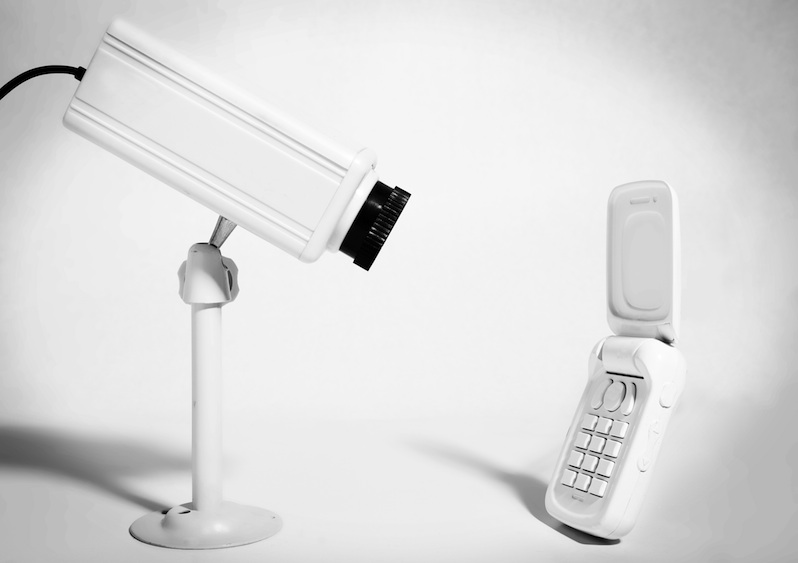 Shutterstock
Shutterstock
By Thor Benson
We must never be surprised when we learn once again that our lawmakers and law interpreters are in bed with the country’s largest corporations — this is how the American government now operates. A July 25 article in Vice includes documentation that shows three judges from the Foreign Intelligence Surveillance Act Court, the tribunal that evaluates the legality of the NSA’s practices, own stock in Verizon. Although there doesn’t seem to be a direct financial incentive for judges to allow the NSA to rifle through the data (our data) of a company in which they have invested, it does show the intimate relationship the NSA, the FISA Court and Verizon share.
Specifically, the article states: “On May 28 last year, Judge James Zagel, a FISA Court member since 2008, purchased stock in Verizon. In June of this year, Zagel signed off on a government request to the FISA Court to renew the ongoing metadata collection program.” The piece goes on to say that FISA Court Judges Susan Wright and Dennis Saylor also own shares in the company, and although Vice wasn’t able to obtain accurate numbers for the amount invested, it appears to be in the thousands of dollars.
The Vice article notes that judges are supposed to remove themselves from cases in which they might have a “financial stake in the outcome” or from any case in which they might find it difficult to be impartial. The Verge also pointed out that telecommunication companies like Verizon receive millions of dollars from the government in their “record-sharing deals.”
Cases are supposed to be reassessed when there is evidence of a conflict of interest. Perhaps it is time the government rethinks why it is allowing massive surveillance of its citizens when the majority of Americans are opposed to that practice and there appears to be a relationship between the court allowing it and the companies harvesting the information. Let’s also not forget that President Obama can unilaterally shut down the NSA’s phone surveillance, but he’s also the guy who’s just fine with a former Monsanto executive leading the FDA’s food and nutrition programs.
A recent Human Rights Watch report details the overarching effects of NSA surveillance. The report starts by outlining how it affects journalists, highlighting that the Insider Threat Program makes government officials less likely to interact with writers for fear of prosecution. It goes on to say that lawyers, who are meant to retain full confidentiality with their clients, have less freedom to share information electronically. So it appears that surveillance is making it hard for Americans who handle delicate information to do their jobs.
Alex Sinha, one of the authors of the Human Rights Watch report, told Truthdig on Tuesday about what he learned in the process of researching and writing it. “One of the leading journalists I talked to estimates that his productivity has been cut in half, simply due to the need to take such measures to protect his information and protect his communications,” he said. In other words, the more effort journalists have to put into keeping their communications and information secure, the fewer stories they produce and the fewer details they may uncover for readers.
Sinha also indicated that “the ability to track information and store it is only going to get easier and cheaper,” so legislative reform of surveillance practices is something that needs to happen immediately. “Many of [the journalists and lawyers] emphasize that being forced into these elaborate procedures makes them feel like they’re doing something wrong. That is a really powerful sentiment to me, from people doing work that is so widely recognized as important to our society and protected in our Constitution,” he said.
A recently released document leaked by Edward Snowden showed that FISA-approved surveillance subjects included Muslim Americans who had no affiliations with terrorists, including “a former Bush administration official and the executive director of the nation’s largest Muslim civil rights group,” Time reported. Some Americans find themselves self-censoring when communicating online and over the phone because they worry that something they say might be misinterpreted by interlopers who have no constitutional right to be tracking their words.
Thor Benson is a traveling writer who currently lives in Los Angeles. He has written for Slate, Vice, Fast Company and many others. Follow him at @thor_benson.
Your support matters…Independent journalism is under threat and overshadowed by heavily funded mainstream media.
You can help level the playing field. Become a member.
Your tax-deductible contribution keeps us digging beneath the headlines to give you thought-provoking, investigative reporting and analysis that unearths what's really happening- without compromise.
Give today to support our courageous, independent journalists.

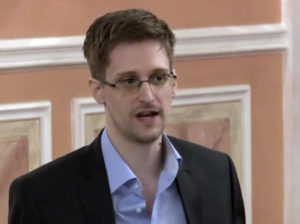
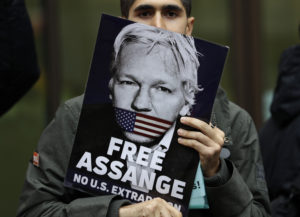
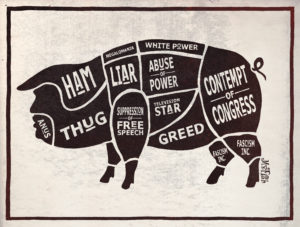
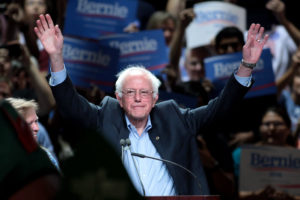
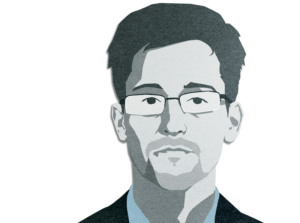
You need to be a supporter to comment.
There are currently no responses to this article.
Be the first to respond.